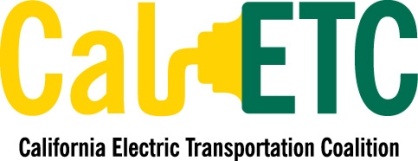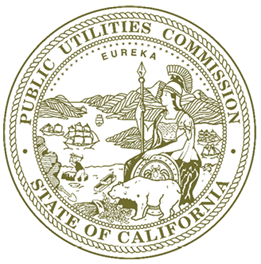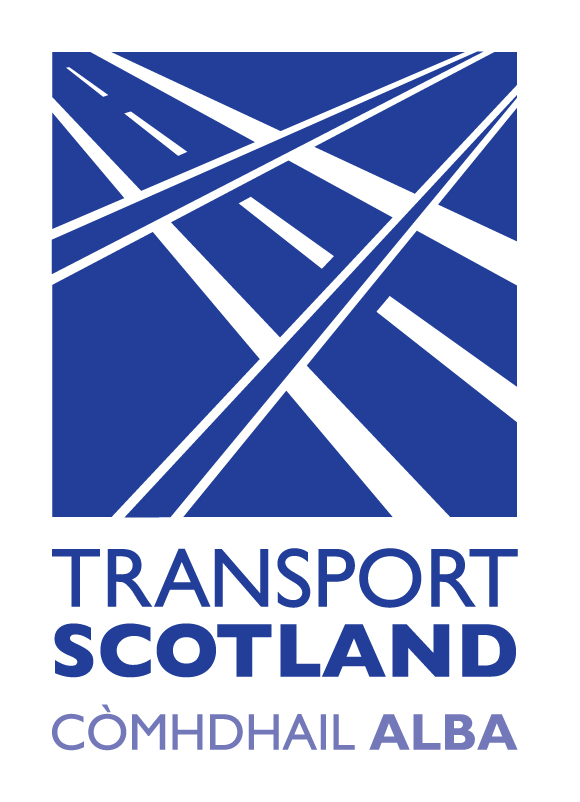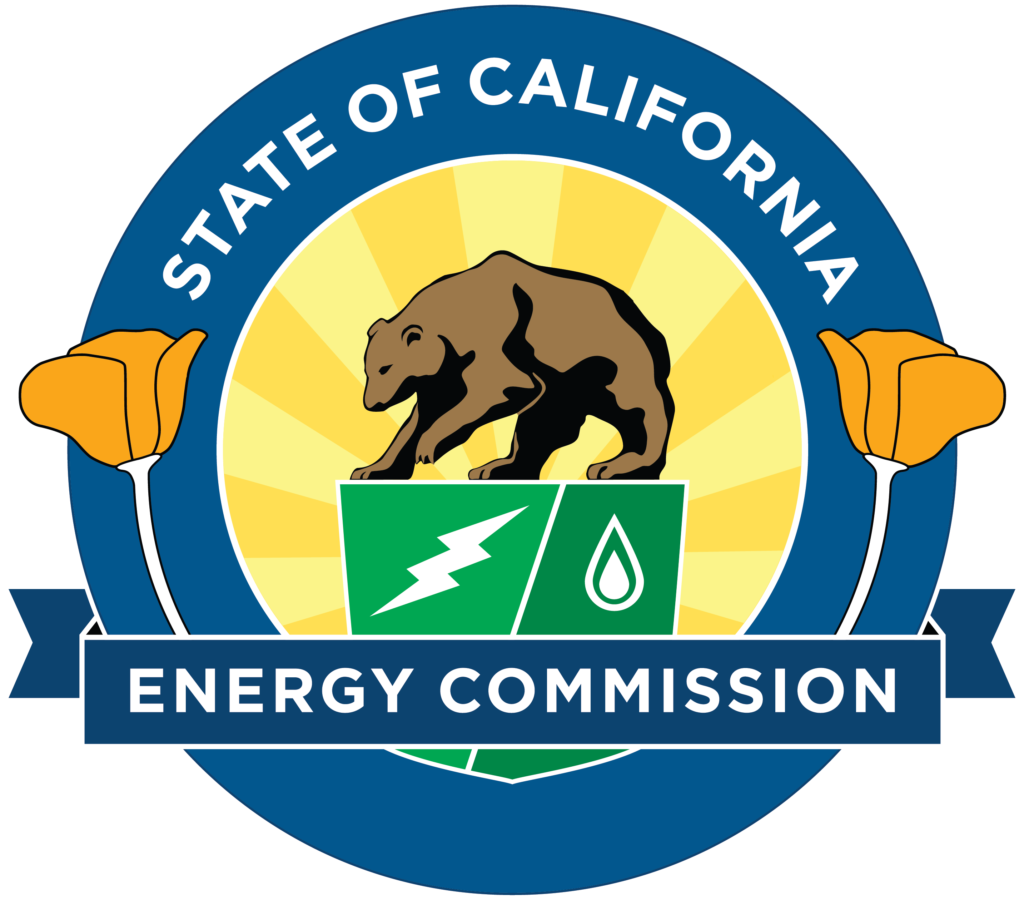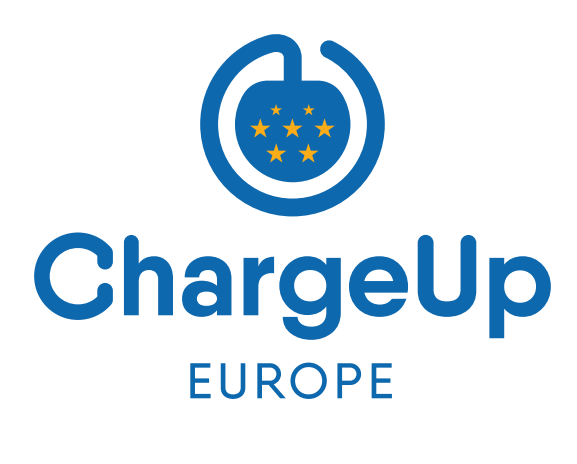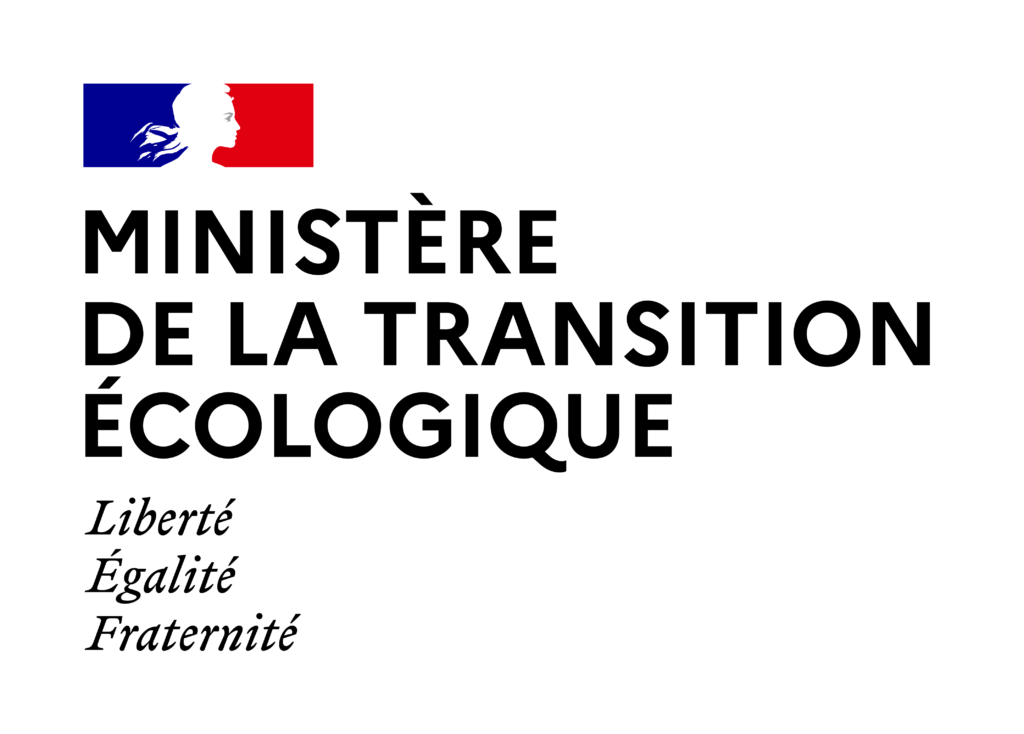CHARGE TO MOVE AND ACCELERATE

CHARGE FORWARD TO ZERO EMISSIONS TRANSPORTATION
A global call to accelerate electric vehicle charging infrastructure
Background
In order to achieve global climate ambitions, it is widely recognized that an accelerated transition to the electrification of our shared transportation system, is critical. In addition to smart policies and regulations that help bring commercialized zero emission technologies to market, both the private and the public sector will need to collaborate on bringing forth zero emission infrastructure. COP26 will clearly highlight the need for this accelerated transition to zero emission systems- both for the health of our planet, our global economy, and the health of our communities. Given that zero emission infrastructure plays a pivotal role in this transition to zero, it is certainly the case that ‘without it nothing moves’. When rolled out in a collaborative and timely manner, zero emission infrastructure will help ensure that this transition is catalyzed. As such, an alliance of front-running cities, regions, states, companies and countries, the Transport Decarbonisation Alliance has launched this call for action to underscore the importance of a private and public collaboration, focused on fostering the timely planning and roll out of zero emission infrastructure.
Who Can Sign it?
To sign the call, we invite frontrunning cities, regions, states, companies and countries, critical businesses such as zero emission manufacturers and Electric Vehicle Supply Equipment providers, and utilities. As a reflection of the importance of zero emission infrastructure, we ask that the call be signed by a senior official who is knowledgeable and dedicated to electrification and zero emission infrastructure.
Process to Sign the Call to Action
Please download the call to action here and fill up the following form where you will be able to upload the Call to Action signed up by your organisation representative
CHARGE FORWARD TO ZERO EMISSIONS TRANSPORTATION
A global call to accelerate electric vehicle charging infrastructure
The transportation sector is responsible for more than 10% of total global greenhouse gas emissions, and in many jurisdictions constitutes a majority of carbon pollution. In order to achieve the goal of global net-zero emissions by 2050 in line with the Paris Agreement objectives, accelerating the shift to zero-emission vehicles is a crucial and urgent objective. We welcome and applaud the increasingly ambitious targets established by cities, regions, states, companies and countries car producers and fleet owners to accelerate the necessary transition to zero emission vehicles in line with the Paris Agreement.
Meeting these ambitious goals will, however, also require an equivalent level of ambition for the planning and deployment of a comprehensive network of electric vehicle (EV) charging infrastructure. That infrastructure will help drive, accelerate and catalyze this necessary transition and is fundamental to the success of meeting national and global zero-emission vehicle targets.
Therefore, we, the undersigned cities, regions, states, companies and countries, in line with our shared ambition to realize zero emissions in the road transport sector, hereby commit to support the increase of EVs by accelerating the timely deployment of related charging infrastructure in our respective roles and in close cooperation. We also call on others to recognize the crucial role charging infrastructure plays in the transition of our planet to meet the objectives set for in the Paris Agreement. Our joint efforts should contribute to a roll out of charging infrastructure catalyzing and enabling the ambitions on zero emission transport.
We fully recognize this is a challenge of the first order. First and foremost there is a clear task for policymakers to acknowledge the importance of a comprehensive electric vehicle infrastructure ambition and to put in place, across the globe, coherent charging infrastructure investments and deployment that enable and support Paris Agreement aligned zero-emission climate trajectories. Through collaboration between private and public partners, EV infrastructure can provide tremendous opportunities for the climate, economy, jobs, businesses, utilities, grid reliability, and renewables integration.
Developing enhanced charging infrastructure includes a broad range of related efforts. Site and road preparation, necessary civil construction, the availability and power capacity of electric distribution grids, and the land and building requirements for new charging infrastructure vary greatly from country to country, and even between cities. Recognizing this, cities, regions, states, companies and countries will need to come together to address gaps in national and local investment and planning, tackle bottlenecks, and identify the needed quantitative and qualitative targets for the deployment of suitable EV charging infrastructures. We call on national governments to facilitate the necessary cooperation between cities, companies, utilities and national authorities in developing EV charging infrastructure ambition and formulating plans to carry it out.
These national plans will require charging infrastructure investments to deploy chargers not only in densely populated areas with significant passenger and freight traffic, but also to provide coverage across homes, apartments and other multi-unit dwellings, commercial buildings and workplaces, smaller and lower-income communities, and rural areas.. It is important that no region or territory is left behind and that policy frameworks are created to leverage and stimulate sufficient private capital.
In developing an effective charging infrastructure framework we recommend building on the wealth of knowledge gained over the past decade including the following no-regret elements in EV charging infrastructure policies:
- Developing long-term strategic national and local e-mobility roadmaps with EV infrastructure roll-out rates, including aligned regional, city and utility planning- and implementation efforts.
- Prioritizing increased investments in electricity network infrastructure, in particular smart electricity grids, to support the swift adoption towards electric transport;
- Deploying and engaging public support mechanisms to attract private capital. Based on EV infrastructure investment and funding gap analyses such policy mechanisms could include tax credits, grants, subsidies or incentives as a way to share costs and to support private operators in the long-term success in installing and operating charging installations and operation. That is to say, public department finance and dedicated investment tools are essential to speed up the rollout of charging infrastructure in the early phases.
- Addressing non-financial barriers to installing chargers including but not limited to best practices in building, parking and fire code requirements and permitting to accelerate the installation of residential, commercial and workplace charging.
- Creating broader energy system synergies between the transport and energy sectors via the promotion of smart, flexible and bi-directional charging technologies, recognizing the electricity storage potential of the EV charging infrastructure.
- Developing an EV charging infrastructure market model domestically and across borders that is open, user-friendly, scalable and interoperable, and has transparent roles and responsibilities, clear and transparent cost and value allocations, and is underpinned by open standards.
We offer these recommendations as essential building blocks for the rollout and deployment of effective and timely charging infrastructure to propel, catalyze and support the much needed and burgeoning ambition to decarbonize transport in line with the Paris Agreement.
Signed by:



